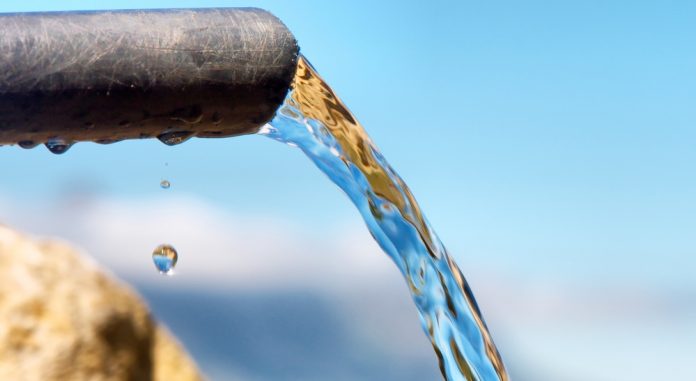Kogi targets ₦100 billion in a bold move to end the decades-long water crisis in Lokoja, unveiling plans to rehabilitate and upgrade the Greater Lokoja Waterworks as part of a major infrastructure overhaul.
The initiative, aimed at addressing decades of water supply challenges in the state capital, was announced by the Commissioner for Water Resources, Engr. Yahaya Farouk, during a recent interview with Lugard TV.
READ ALSO, ODODO MEDIA AIDE HOSTS RISING STAR AJEMO
According to Farouk, the existing waterworks, originally constructed in 1956 and last upgraded in 1992 is operating well below capacity and is no longer fit for purpose.
He noted that the outdated infrastructure, including rusted pipes and obsolete treatment facilities, has been overwhelmed by Lokoja’s rapid population growth, which has surged to an estimated 1.2 million residents.
Currently, emergency repairs and interim pumping systems powered by diesel generators have restored water to a few areas of the capital.
However, the commissioner emphasized that these stopgap measures are insufficient for long-term service delivery.
“We are managing the situation for now, but the system is broken,” he stated, underscoring the urgency for a complete overhaul.
To that end, the state government has conducted a thorough audit of its water infrastructure and concluded that relocating the entire Greater Lokoja Water Scheme to a more suitable site would be necessary.
VIDEO: KOGI GOVERNMENT HOUSE LAUNCHES MONTHLY NEWSLETTER
The estimated ₦100 billion price tag includes costs for new pipelines, treatment plants, and independent power sources to guarantee uninterrupted water supply.
Farouk also outlined the administration’s phased strategy, which consists of short-term emergency fixes, medium-term network expansion to underserved communities, and a long-term comprehensive redesign of the entire system.
He revealed that discussions are underway with both international development agencies and local partners to secure funding for the major project.
The commissioner appealed to Lokoja residents for patience and support as the administration of Governor Ahmed Usman Ododo works to implement a sustainable solution.
He reiterated the government’s commitment to improving access to basic services and emphasized that clean, reliable water remains a top priority.




